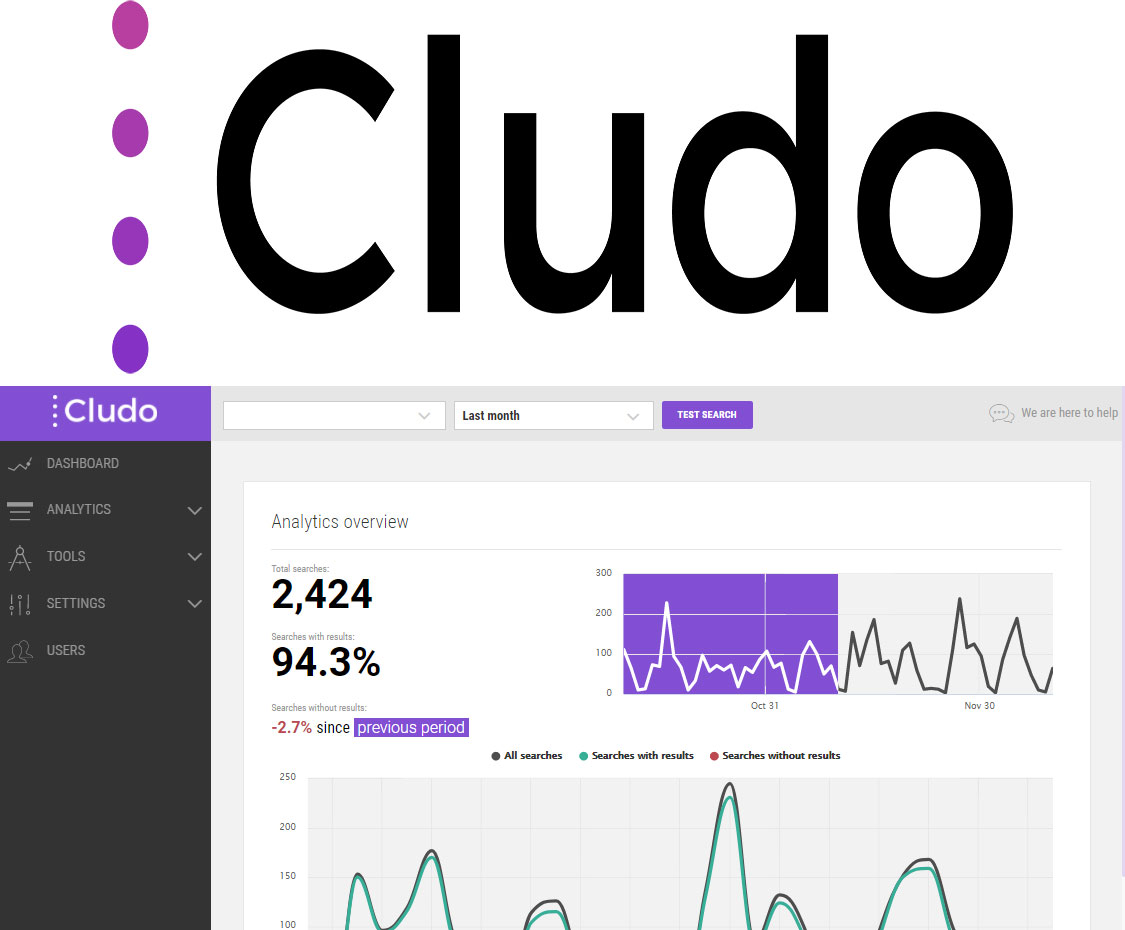Search is a key feature in web experience, and for a lot of people, it's the go-to method to find content. We use search countless times a day on our smartphones in various contexts. And yet, when we're building out websites, search is often an afterthought that we don't spend much time on. Search gets added to the laundry list of site features, like meta tags and social media links.
Drupal Core Search
Drupal is fantastic at managing content. It gives you loads of flexibility when it comes to building out your information architecture and categorizing content. But we often don't set aside a lot of time to build out a customized search UI to find that content. At the end of a project, you might just turn on the core search module and call it done. And then we find out that people use Google to search our website.

Drupal's core search functionality hasn't changed much in the last 10 years, and is lacking features that users expect. It can be slow, and it doesn't correct for misspellings or allow you to prioritize results. Search should make your content easy to find, and make your site more engaging for users. Over the years, we've worked on lots of websites that integrate with Solr, to provide an enterprise-level search engine on top of Drupal. But setting up Solr takes time, and can be tricky if you don't have a lot of time to set it up, or the know-how to configure your server.
Why Cludo?
We recently decided to add search to evolvingweb.ca, and decided to try out Cludo. It's a "search as a service" tool that allows you to add on a search interface to an existing site. Kind of like you'd add Disqus, or Google Analytics. It was pretty easy for our developers to set up Cludo. Besides some challenges setting up search of the French language side of our site, particularly searches with UTF8 characters, the setup was straight-forward and only took a few hours to add.
The immediate advantage is that you don't have a lot of setup time for a search that just works how users expect. But after it was all set up, I realized that there are a lot of extra features that you get that we wouldn't normally take the time to configure for a basic search:
-
Autocomplete - start typing the title of a node and it'll autocomplete
-
Customize the index - you can pick and choose what's searchable and what's not
-
Analytics - you can see who searches for what, giving non-technical users visibility on how users search for content
-
Boosting - you get nice defaults for results ordering, but you can also customize the criteria to prioritize certain types of pages or certain criteria
-
Machine learning - an add-on feature that does the boosting and changes the autocomplete ordering for you based on user behaviour
-
Easy-to-use interface - non-technical users can update all the settings through Cludo's UI
Before you ask, yes there's a module for that! The Cludo module was released a couple weeks ago. It's still in development, but you can try it out. You just have to add your Cludo account number and key, and it provides a search form block that you can place on the page.
Here are some examples of websites using Drupal:
Open Source vs. Paid Third-Party Service
So what's the catch? Cludo isn't a free service, it comes with a $200/month price tag for most websites. And it will cost more than that if your site has more than 20,000 pages or you want bells and whistles like document search, machine learning or searching private content. There are discounts for non-profits and educational organizations.
There's a trend towards using third-party services for everything from marketing automation tools to comments and now search. I know a lot of Drupal developers prefer to use open source tools as much as possible. I think the great thing about third-party tools is that it gives us another option. We can offer our clients a way to get a search interface up-and-running quickly, without a lot of up-front development time. It gives the end-user something that's easier to configure.
On the other hand, for a large website with a lot of content, we might want more control over the functionality and costs. And for an intranet, we might want more control over where the data is stored. If we have a lot of site installs, Cludo could start to become very pricey. In these cases, using Search API would be a better option. But for lots of use cases, when that "instant" quality is the priority, Cludo is a great option, to make sure your content is discoverable and that your users can find it.
































